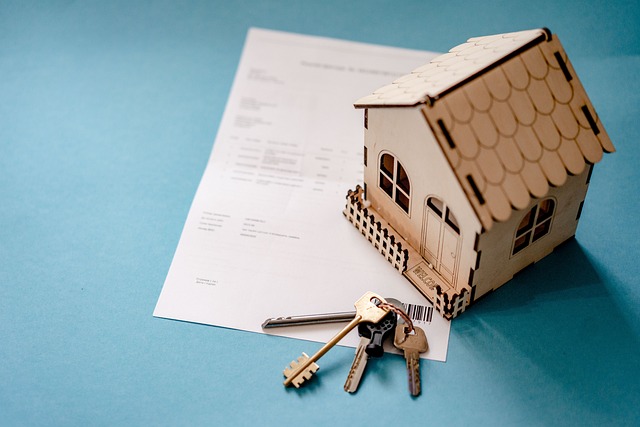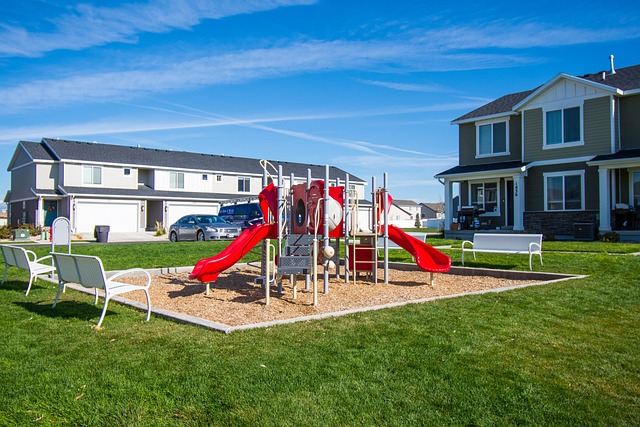The 2024 market for buying second properties in Singapore is projected to grow steadily due to a robust economy, supportive government policies, and increasing demand from local and foreign investors. Stringent regulations maintain market balance. Key factors for investors include strategic location choices, understanding demographic trends, diversifying portfolios, and staying updated on government policies.
The market for buying a second property in Singapore is set for an interesting year in 2024, with several key trends and factors at play. As one of Asia’s prime real estate destinations, Singapore offers diverse opportunities for investors seeking to diversify their portfolios. This article explores the current landscape, delves into market predictions, analyzes influential factors, and provides strategies for navigating this dynamic sector, ensuring success in your second property investment journey.
- Market Trends and Predictions for 2024
- Factors Influencing the Second Property Market in Singapore
- Strategies for Successful Investments in 2024
Market Trends and Predictions for 2024

In 2024, the market for buying second properties in Singapore is poised for a steady growth trajectory, driven by several key trends. The country’s robust economy, coupled with attractive government policies aimed at promoting home ownership, continues to fuel demand. In particular, the focus on making housing more affordable and accessible has enticed many Singaporeans to consider investment opportunities beyond their primary residences. This shift is expected to intensify as the population becomes increasingly diverse and younger generations seek alternatives to traditional property ownership models.
Predictions suggest that the second-home market will witness a rise in demand from both local and foreign investors, particularly those seeking rental income or a secondary residence for leisure and entertainment. The increasing popularity of remote work has also led many professionals to explore options for temporary or seasonal housing, further diversifying the buyer pool. As a result, property prices are anticipated to remain stable, with potential for moderate appreciation in certain prime locations. However, strict regulations surrounding second-home ownership will continue to be enforced to maintain market equilibrium and ensure fair access to housing for all residents.
Factors Influencing the Second Property Market in Singapore

The market for buying a second property in Singapore is shaped by several key factors. One prominent influence is the city-state’s robust and diverse economy, which continues to attract both local and foreign investors seeking lucrative opportunities. This influx of investment drives up demand for properties, especially in prime locations like the Central Business District (CBD) and nearby neighborhoods. Government policies play a significant role too; initiatives aimed at stabilizing the property market and promoting home ownership can significantly impact affordability and accessibility for potential buyers.
Another critical aspect is Singapore’s unique demographic landscape and changing lifestyles. Increasing numbers of professionals and dual-income families are looking to invest in second properties for rental income or as a long-term investment strategy. Additionally, the country’s vibrant expat community contributes to the demand, as many expatriates seek longer-term accommodations or investment opportunities. These diverse factors collectively shape the dynamics of the second property market, making Singapore an intriguing and competitive space for investors in 2024.
Strategies for Successful Investments in 2024

When considering a second property in Singapore, a strategic approach is key to navigating the competitive market and ensuring a sound investment. In 2024, buyers should focus on location-wise advantages, such as areas with strong rental demand, high occupancy rates, and growing amenities. Understanding demographic trends and local economic factors can guide your decision, helping you identify neighbourhoods that are likely to appreciate in value over time.
Diversifying your portfolio is another crucial strategy. Consider properties in different asset classes like apartments, condominiums, or even mixed-use developments. This approach reduces risk by spreading investments across various segments of the real estate market. Additionally, staying updated on government policies and incentives related to buying second properties will empower you to make informed choices, potentially unlocking benefits that can enhance your investment’s longevity and profitability.
The market for buying a second property in Singapore in 2024 looks promising, with steady growth expected across various sectors. Understanding the key trends and factors that drive this market is essential for successful investments. By leveraging strategic insights and adapting to evolving conditions, prospective buyers can navigate the landscape effectively and capitalize on opportunities in this dynamic real estate space.
